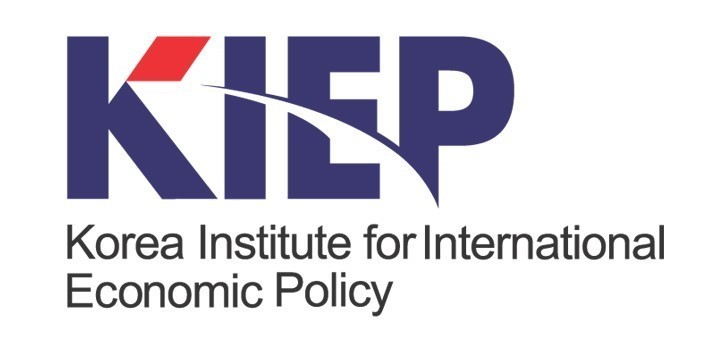Current account likely to turn to red in 2030 over aging population: KIEP
By Bae HyunjungPublished : May 25, 2020 - 18:12

Due to its fast-aging population and consequently reduced productivity, South Korea will continue to see its current account decline over the years and eventually turn to the red as early as in the next decade, according to a state-run think tank.
“The country’s fast-aging demographic trend is likely to reduce the current account surplus or cause a deficit,” the Korea Institute for International Economic Policy said in a report on the impact of demographic change on
an open economy.
“Assuming that other (non-demographic) variables remain the same, Korea’s current account balance will dip into deficit between 2030 and 2045.”
Since 1998, after the Asian financial crisis, Seoul has maintained a current account surplus, mostly on the back of its goods balance, the report noted. But the proportion of trade surplus to the nation’s gross domestic product has been on a downtrend, since peaking at 7.7 percent in 2017, data also showed.
“The goods balance may be defined as the gap between savings and investments, so under the assumption that investments maintain a certain level, the level of economically active population is a key factor in a nation’s trade surplus.”
Under the current demographic changes, the United Nations anticipates that Asia’s fourth-largest economy will surpass Japan in terms of aged population rate -- the proportion of those aged 65 or more out of the entire population.
The UN predicts that the corresponding figure -- also referred to as the elderly dependency ratio -- for Korea will peak at 42.1 percent in 2066 while Statistics Korea forecast 46.5 percent in 2067.
While countries with an EDR of 7 percent or more are referred to as “aging society,” those with an EDR of 14 percent or more are called “aged society.” When the figure surpasses the 21 percent mark, some scholars suggest the term “super-aging society.”
“It is crucial that Korea responds to the fast demographic changes and the impact on the economic structure,” the KIEP report said, calling for a virtuous circle that leads from trade surplus, to asset expansion and income account surplus.
By Bae Hyun-jung (tellme@heraldcorp.com)








![[Graphic News] More Koreans say they plan long-distance trips this year](http://res.heraldm.com/phpwas/restmb_idxmake.php?idx=644&simg=/content/image/2024/04/17/20240417050828_0.gif&u=)
![[KH Explains] Hyundai's full hybrid edge to pay off amid slow transition to pure EVs](http://res.heraldm.com/phpwas/restmb_idxmake.php?idx=644&simg=/content/image/2024/04/18/20240418050645_0.jpg&u=20240419100350)







![[KH Explains] Hyundai's full hybrid edge to pay off amid slow transition to pure EVs](http://res.heraldm.com/phpwas/restmb_idxmake.php?idx=652&simg=/content/image/2024/04/18/20240418050645_0.jpg&u=20240419100350)

![[Today’s K-pop] Illit drops debut single remix](http://res.heraldm.com/phpwas/restmb_idxmake.php?idx=642&simg=/content/image/2024/04/19/20240419050612_0.jpg&u=)